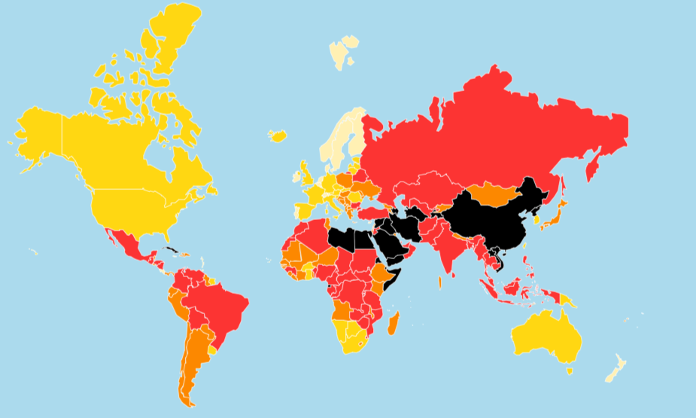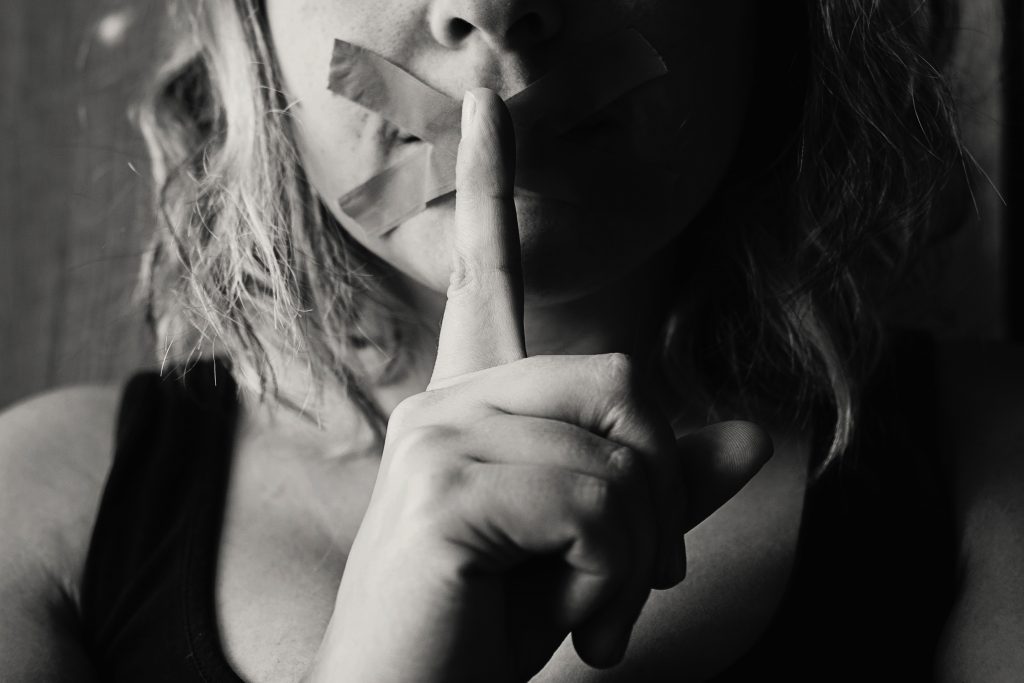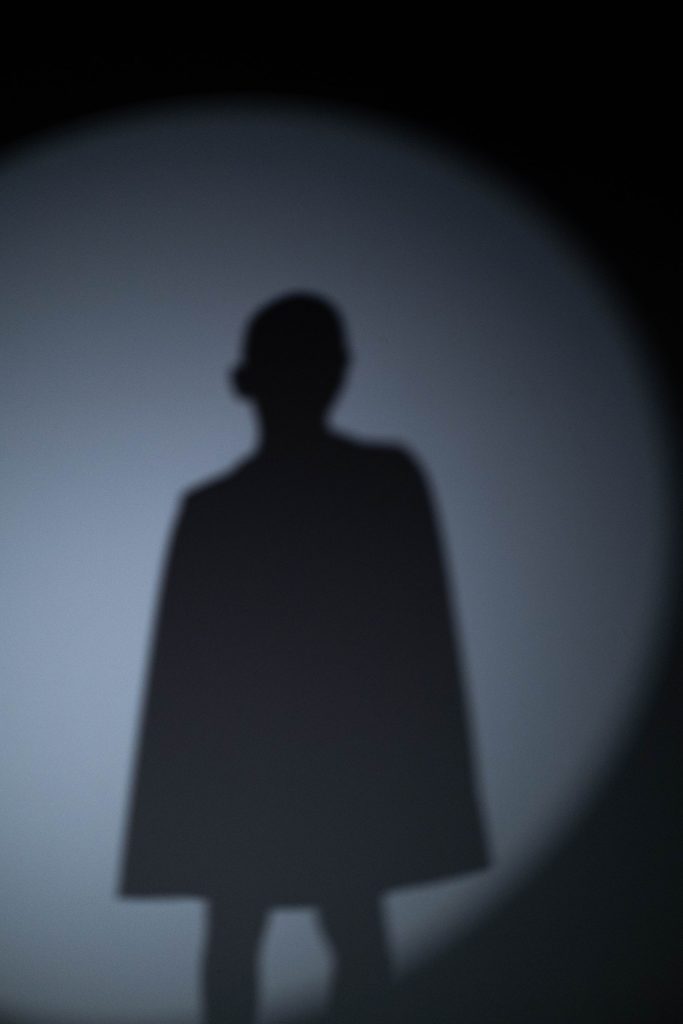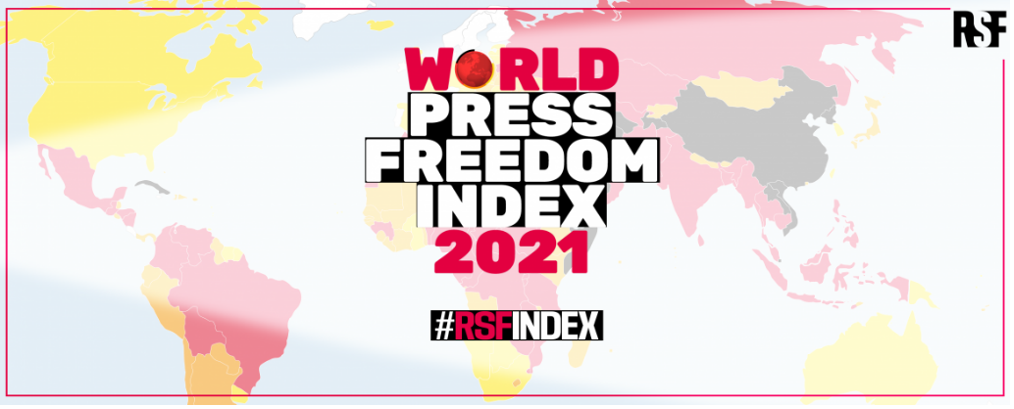Belgium ranks 11th in the World Press Freedom Index 2021 – something to be proud of?
On Tuesday, 20 April 2021, the NGO Reporters Without Borders (RSF) has issued its annual World Freedom Index. This index evaluates on an annual basis the press freedom situation in 180 countries worldwide. Although Belgium is ranked 11th – which is good – RSF mentions a “growing awareness of abuses”.
DOES JOURNALISM HAVE A COLD OR IS IT COVID?
This year’s index reflects how journalism in general is (badly) affected by the worldwide Covid-19 health crisis. Not only has the pandemic been used as a ground to block journalist access to information sources and reporting in the field, there is also a disturbing trend of mistrust in the media.
Although journalism is considered to be “the best vaccine against the virus of disinformation”, it is totally blocked or seriously impeded in 73 countries and constrained in 59 others, i.e. in 73% of all countries evaluated. These countries are classified as having “very bad” (black), “bad” (red), or “problematic” (orange) environments for press freedom.

SCANDINAVIAN COUNTRIES ON TOP
Scoring best in terms of press freedom are, not surprisingly, the Scandinavian countries with Norway, for the 5th consecutive year, heading the top 3.
While in 2020, there were still 13 countries that could claim a “good” classification, this year’s index shows that only 12 countries merit the label of “favourable environment for journalism” (marked white on the above map). Strikingly enough, those 12 countries (marked white on the above map), together represent only a meager 7% of all countries evaluated. Among those 12 countries, Belgium is ranked 11th which means it has moved up one place since last year.
However, whether this is caused by Belgium’s own efforts to support press freedom rather than external circumstances, may be doubtful. After all, Germany dropped two places (i.e. from 11 to 13), which allowed Belgium to move up. Germany thereby also swapped its “good” classification for a “fairly good” classification. Over the past year, dozens of its journalists were attacked by supporters of extremist and conspiracy theory believers during protests against pandemic restrictions.

DOES BELGIUM DESERVE A SLAPP ON THE WRIST?
Belgium, at least in general, upholds the principle that freedom of speech is a vital component of any democracy. In that regard, the media play the vital role of “public watchdog”: although certain boundaries should not be crossed, in particular in respect of the reputation and rights of others, the duty of the press is to impart information and ideas on (political) issues and on other matters of general interest.
The so-called “chilling effect” where individuals choose to self-censor due to a fear of (legal) consequences, must be avoided at all cost.

Nevertheless, even though journalists are not easily condemned in Belgium and censorship is prohibited by law, the index mentions that “the situation of journalists and press freedom is still a source of concern in Belgium”. As an example, the index refers to the fact that the police, during a Black Lives Matter protest in Brussels, manhandled, threatened and detained a photo-journalist despite the fact that he had clearly shown his press ID. Fortunately, still according to the index, there is a “growing awareness of abuses”. In that regard, the Walloon regional parliament recently called out the Walloon government to explicitly condemn the arbitrary arrest of, among others, the Chinese citizen journalist Zhang Zha for her reporting on the crisis in Wuhan) and other press freedom violations.
Although laudable, there are nevertheless also other issues even closer to home that raise concern.
More specifically, over the past years, several alerts have been filed with the Counsel of Europe with regard to SLAPPs filed against Belgian journalists. These so-called Strategic Lawsuits Against Public Participation are lawsuits that are not filed by the claimant to seek justice, but rather (mainly) to silence and harass critics by forcing them to spend time, energy and money on defending themselves. Journalists, activists, and advocacy groups are the preferred targets.
(EU) LEGISLATION TO THE RESCUE?
In the past, Fencer has already successfully defended such public participators against SLAPPs. Yet the battle is far from over and the cry for political interference becomes louder.
Luckily, the EU Commission Work Programme 2021 announced “action to protect journalists and civil society against SLAPPs” in the form of an initiative against abusive litigation targeting journalists and civil society (legislative or non-legislative), in the last quarter of 2021.

FENCER’s lawyers have frequently litigated high-profile cases on the freedom of speech, the right to reply, defamation claims and image rights. Moreover, they keep their finger on the pulse of new legislative developments. If you wish to obtain more information, please contact Paul Maeyaert or Caro Van Wichelen.

